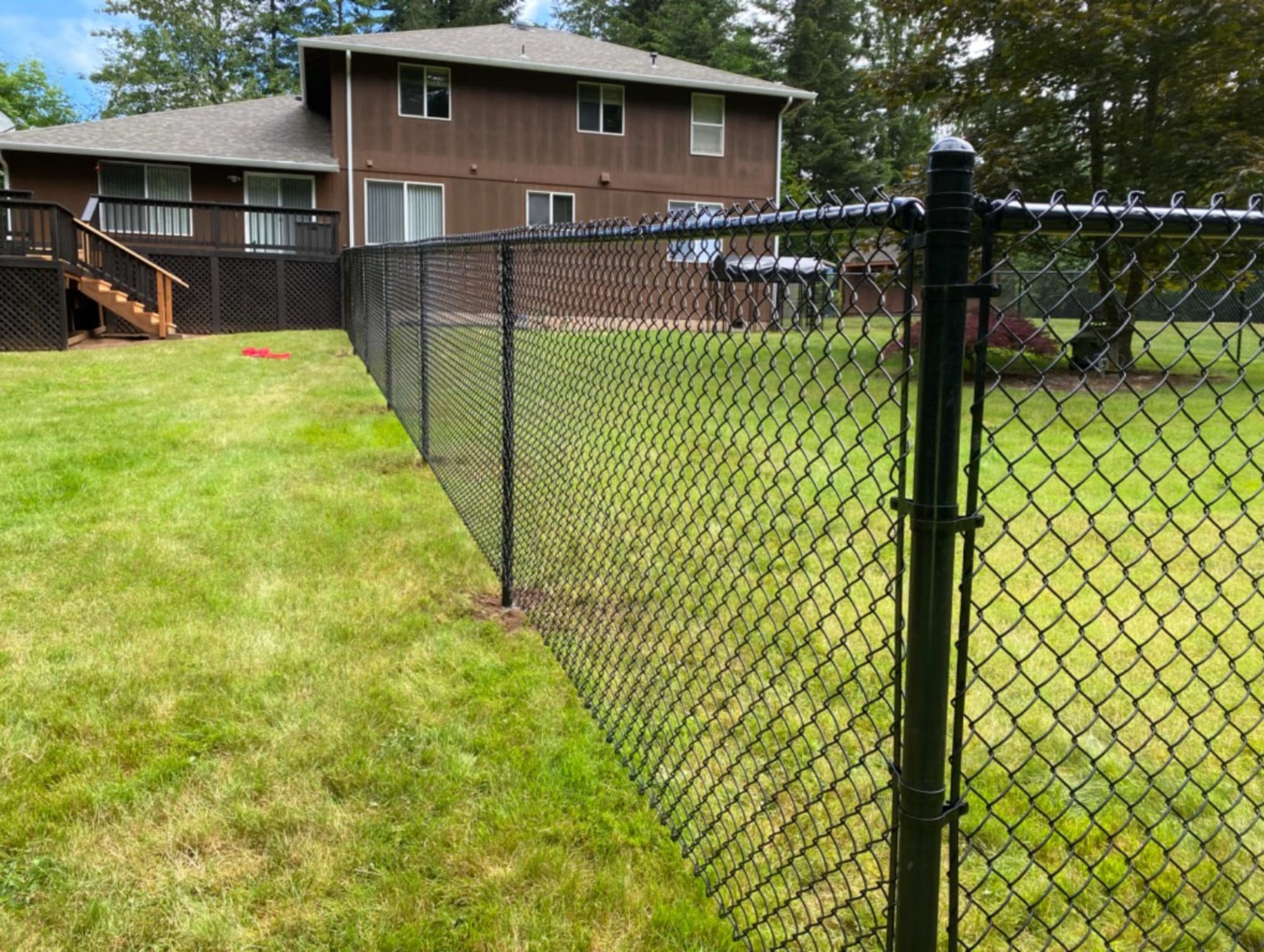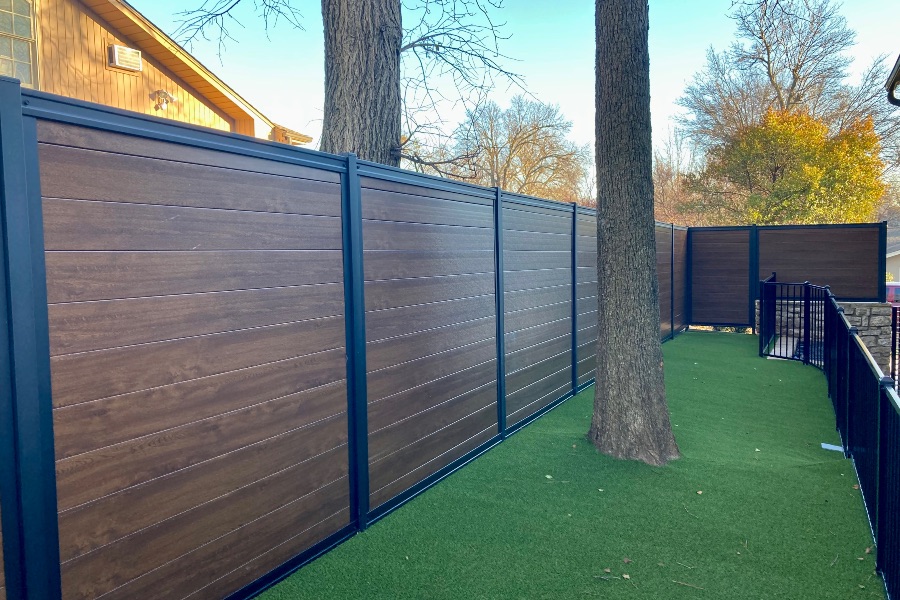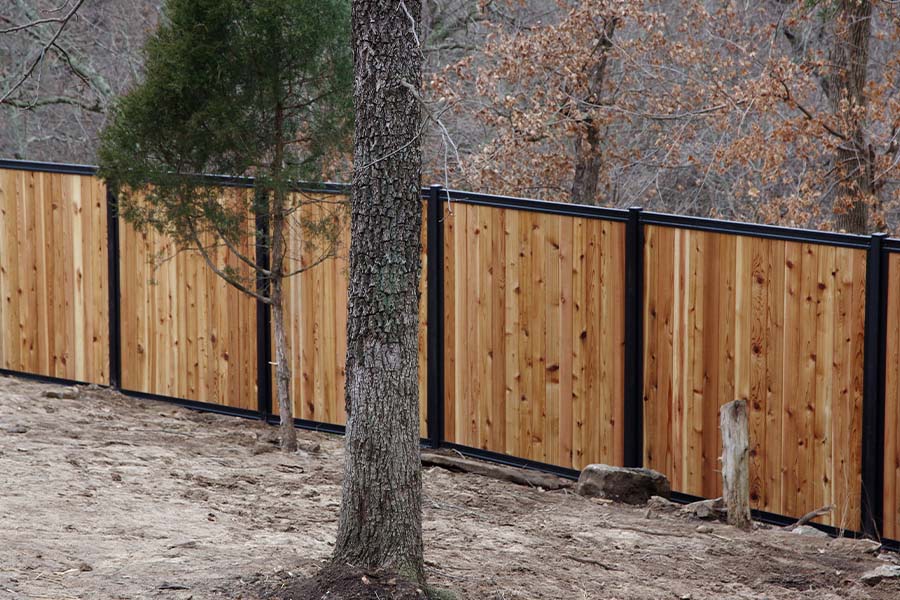All Categories
Featured

When intending a brand-new fencing for your building, it's very easy to concentrate on the basic expenses-- products, installation, and labor. Right here's a guide to some of the most usual concealed prices to take into consideration when budgeting for your secure fencing project.
- Allow Costs and Legal Requirements. Before you start excavating, it is very important to check if your area calls for an authorization to set up a fence. Numerous districts have zoning laws that control fence positioning, elevation, and product, particularly if you're constructing near a residential or commercial property line or in a neighborhood with a Property owners' Organization (HOA) These regulations guarantee the fencing meets local criteria, but they also come with linked prices.
Cost range: $50 to $500, depending on your place and the intricacy of your job. 2. Fence Removal and Disposal. If you're replacing an existing fence, removal and disposal of the old framework is an extra expenditure that can easily be forgotten. Fence elimination normally entails dismantling the old fencing, hauling away the products, and throwing away them appropriately. Disposal costs can vary, specifically if the old materials call for unique handling, such as treated wood or steel.

Expense variety: $2 to $10 per direct foot for removal and disposal, depending on the materials. 3. Land Preparation and Excavation. If the land where your fence is being set up is uneven, rough, or covered in plants, it might need to be gotten rid of or leveled. Grading or excavation prices can include to your complete project expenses, especially if you're installing messages in hard-to-dig dirt.
Price range: $300 to $2,000, depending on the website's condition. 4. Utility Line Identification and Modifications. Prior to digging, it's critical to ensure that no below ground utilities, like water, gas, or electric lines, will be disturbed during the installment. Many contractors will certainly call energy companies to mark these lines, but there can be added costs if modifications are required to avoid destructive existing infrastructure.
Cost variety: $100 to $500, relying on whether adjustments are necessary. 5. Customized Features and Upgrades. While your fundamental fence may contain basic products, you might intend to add personalized attributes like entrances, decorative panels, or integrated lighting. Automatic entrances or safety and security systems are especially costly and need specialist setup. Adding these extras raises the overall cost of your fencing, so see to it to factor them into your budget plan.

Expense variety: $100 to $1,500+ for gateways or attributes, depending on size and complexity. 6. Delivery and Transportation Costs. Relying on where your products are sourced, you might be billed a different distribution cost for transporting the fencing materials to your home. This is particularly usual with hefty or huge orders, such as timber panels or metal fencing. Shipment expenses can likewise differ based on the range between the distributor and your place.
Expense variety: $50 to $300 for distribution, depending on distance and the quantity of materials. 7. Maintenance Costs In Time. Lots of kinds of fences, especially wood fences, require ongoing upkeep to remain in great condition. Regular tasks like discoloration, sealing, and cleansing will certainly assist prolong the life of your fencing. Some materials, such as plastic or steel, might be extra low-maintenance yet can still incur expenses for repairs or substitutes if damaged.
Yearly expense range: $50 to $300 for upkeep, depending upon product and environment. 8. Weather condition Delays. Mother earth doesn't constantly accept your timeline. If your setup is postponed by negative climate, such as rain or severe warmth, you may encounter extra labor prices if workers require to return to finish the job at a later time. Hold-ups can likewise prolong the job timeline, pushing back when the fence is prepared for usage.
Price variety: Variable, relying on the length of time the delay lasts. 9. Home Line Disputes. Setting up a fencing near to your residential or commercial property line can occasionally lead to disputes with next-door neighbors. If your limit is unclear, it may be required to work with a specialist land surveyor to confirm the property line prior to installment. This extra action guarantees you will not unintentionally intrude on your next-door neighbor's land, yet it includes included costs.
Price range: $400 to $1,000 for a residential or commercial property study, depending upon your place. 10. Dirt and Ground Conditions. Particular dirt types can offer challenges throughout setup. If your building has rough, compressed, or clay-based dirt, digging holes for articles can be a lot more hard, requiring customized devices or more time to finish. Harder ground problems may likewise demand the use of concrete or other strengthening materials for added security.
Expense variety: $100 to $500 for devices or additional labor. Conclusion. When budgeting for a new fencing, it is necessary to maintain in mind that the first cost might not be the only expenditure you'll experience. Authorizations, website preparation, old fencing elimination, utility changes, and custom-made features can all accumulate. In addition, ongoing maintenance and the possibility of weather delays or property line concerns need to be thought about when approximating your overall spending plan. By accounting for these concealed expenses, you can guarantee that your secure fencing project stays within budget and is finished without unexpected economic shocks.
Latest Posts
Take Advantage of Exclusive Auto Repair Offers in Chicago at Montclare Auto Repair
Published en
1 min read
Uncover Auto Services & More: Comprehensive Auto Care Solutions from Montclare Auto Repair
Published en
1 min read
How to Know When Your Car Needs Expert Car Repair at Montclare Auto Repair
Published en
1 min read
More
Latest Posts
Take Advantage of Exclusive Auto Repair Offers in Chicago at Montclare Auto Repair
Published May 31, 25
1 min read
Uncover Auto Services & More: Comprehensive Auto Care Solutions from Montclare Auto Repair
Published May 26, 25
1 min read
How to Know When Your Car Needs Expert Car Repair at Montclare Auto Repair
Published May 25, 25
1 min read